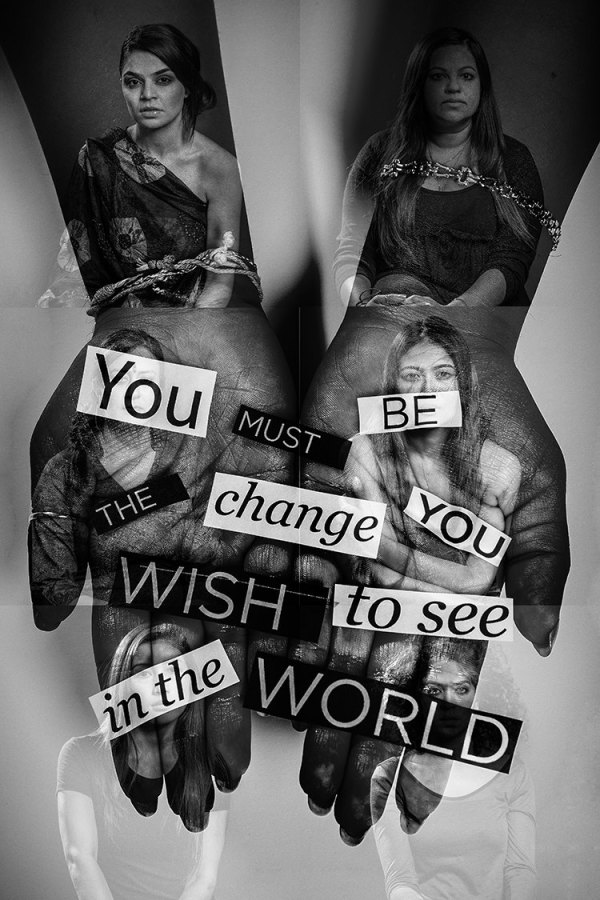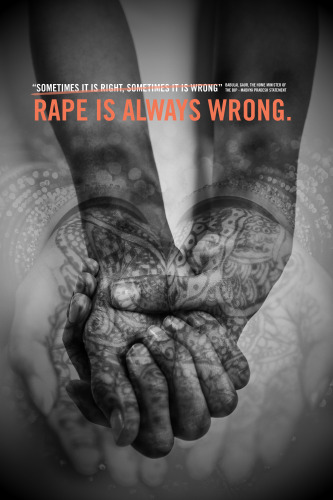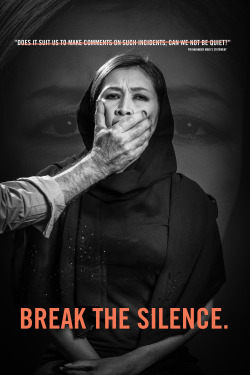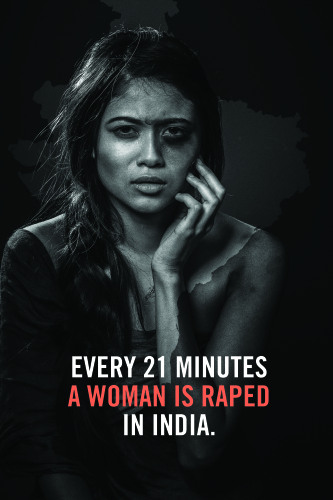

Awareness Gala – Violence Against South Asian Women Campaign
Date: Friday, December 5, 2014
Time: 6:30pm
Location: Crown Palace Banquet Hall
Address: 201-12025 Nordel Way, Surrey, British Columbia V3W 1W1
Tickets: $40
Tickets Available: Kamal’s Video Palace (Surrey) & Non Stop Pizza (on Fraser Hwy & 152 St in Surrey)
For more info visit click here
The event is organized by SAWAVAW founder, Sunny Mangat and will include dinner, dancing and a fashion show by Lavanny Boutique, as well as a panel discussion with local and global experts, including Sherry Bailey of the Dalit Freedom Network Canada, Suki Grewal from South Asian Family Association and Lucky Gill from Global Girl Power. Tickets are $40 with profits going towards the Dalit Freedom Network Canada.
In recent years, India has made headlines around the world with the gang rape of Jyoti Singh Pandey on December 16, 2012. However, many fail to see that sexual violence is not a new issue in India, nor globally, and many cases before and since the Pandey case have been ignored. Important questions that need to be asked and answered are why now? Why has the Jyoti Singh Pandey case received so much attention?
These are the type of questions Sunny Mangat hopes to address. After completing her BA in Psychology from Simon Fraser University, Mangat moved to London, UK in pursuit of her passion; further studies in Human Rights activism. She recently completed her Master’s degree from City University, London in International Politics & Human Rights, with a focus on sexual violence against South Asian women in India.
To read more about Sunny Mangat’s work, read below.
India is one of the oldest democracies in the world, and has all the laws in place that in an ideal world should overcome the blatant disregard for basic human rights for women. According to BBC News India (2013), a woman is raped every 21 minutes in India and most incidences are never heard nor spoken about. Why does the South Asian community not speak about sexual violence?
In December 2012 the the gang rape of Jyoti Singh Pandey made headlines around the world. Where according to India Today (2013) six men savagely beat, and raped this young middle class student of 23 years of age. They physically raped her to the point of death, when her internal organs ruptured and she was unable to survive. Thousands of young women, men, mothers, fathers and children gathered around the India Gate and Raisina Hill, in protest for heavier sentences to the six men who had raped this young woman to death. Women in Banglore and Kolkota rallied together for harsher punishments against rapists. These protesters were demanding justice for rape victims, protesting for stricter laws against rape and harsher punishments.
However, what many people do not realize that the laws in India are based on colonial times, they were adopted from the British rule. Many of the laws and punishments are more severe than they are in other countries around the world. The Indian Penal Code (IPC) has laws in place to eradicate crimes against women. For example, legislation wihtin the IPC section 376 against rape, section 509 and 294 agaisnt sexual harassment or eve-teasing. The Indian Constitution of India 1949, also states equality for men and women regardless of class, race or creed. The sentence for the men in the Jyoti Singh Pandey case was severe, four of the men were sentenced to death by hanging, one of the accused had allegedly hung himself in prison, and the juevnile was givent he maximum sentence of three years. Thus compared to many democractic countires around the world the punishment of rape, this is quite severe.
The question then becomes despite the laws and constituiton in India guaranteeing the rights of women, why are women still being raped every 21 minutes? The reality is there is no simple answer, however a few factors that can help understand are; the state needs to implement strict guidelines with policing, medical doctors who are examining cases, judges who are trying rape cases, to take sexual assault seriously. Presently, India is going through a shift, with women becoming educated and in the work force, they are demanding equality. However, this demand is primarily in the upper and middle class sector as they are more refelcted within the education system and work force. The state and the society in India are not uholding the very law it claims to have. In particular, factors such as class, relgion and caste must all be considered. I believe the Jyoti Pandey case is monumental in grabbing the attention of world to see what is happening to many women in India. However, there are many cases of women from lower-castes that are not being heard of or considered. According to the All India Dalit Mahila Adhikar Manch (AIDMAM) society, Dalit are considered the lowest caste in India. In many villages they are considered ‘untouchables’, however when a young girl reaches puberty, she is made available to the village priest and upper caste men as a sexual partner when required. Thus, not so ‘untouchable’ afterall, this appauling system that many Dalit women are forced into is called ‘Devadasi.’ The National Crime Record Bureau (2009) notes that approximately four Dalit women are raped daily. Thus, being a woman, being a from a lower caste, and depending on your socio-economic status will determine how much attention you will receive. According, to Human Rights Watch (2012) on May 7, 2012 three young girls escaped an orphange as they were being raped and forced to have sex with strangers for money. These girls and amongst many others were being brutally raped for years, yet this was not publicized in the media. Human Rights Watch (2012) interviewed a father named Ahmed, describes his ordeal when he went to the police to report that his daughter had been raped. Ahmed and his son were both assaulted by four officer’s and were told not repeat this to anyone. Neha a 16 year old girl, who comes from a low-caste family describes her ordeal when she went to the police to report her being raped. She states the officers simply told her she must have asked for it and she should keep quiet. The laws of a country do not reflect the values of a country, it is the upholding of these laws that do. Until, the people believe these laws are of value, they will never be enforced.
Further, the response of many of the politicians to rape cases in India has been appauling. The comment by Babulal Gaur, the Home minister of the BJP- Madhya Pradesh who is responsible for law and order, stated rape is a “social crime,” and that “sometimes it is right, and sometimes it is wrong.” My first instinct is to ask, when is exactly is it right?
There is a clearly an issue that needs to be address. However, when local politicians make statements such as “sometimes it is right and sometimes it is wrong” or even better yet when Mulayam Singh Yadav, leader of the Samajwadi party, who was apparently trying to win votes by stating, “ Boys commit mistakes: will they be hanged for rape?”
Statements such as these depict what society values. Women are no longer considered people, but more or less possession or forms of retaliation. There are some very strong and powerful men and women in the India, who need to step up and make a change in society. No longer can they sit silent, and hope it will pass. Such as the comment made my by newly elected PM Narinder Modhi himself who stated “‘Does it suit us to make comments on such incidents, can we not be quiet?’
I have spent the last year researching human rights violations and sexual violence cases in India. I reached out to a few local Londoners to create an awareness campaign. We took my research and created five images that reflect the gender based violations occurring in India. We decided to do a spin off from the statistics and the statements made by some of the politicians and countering them with images to create awareness of the on-going issue that needs to be addressed. I feel we as global citizens have a responsibility to give a voice to those that go unheard, as we all belong to this global community.
Sunny Mangat



